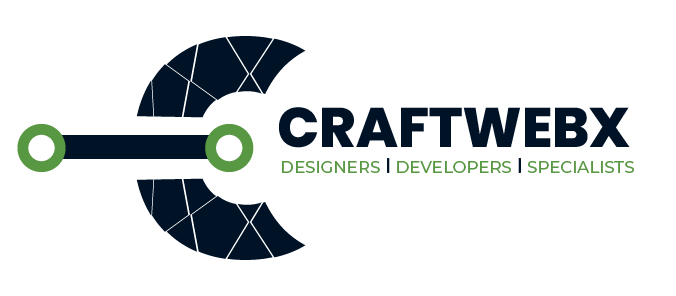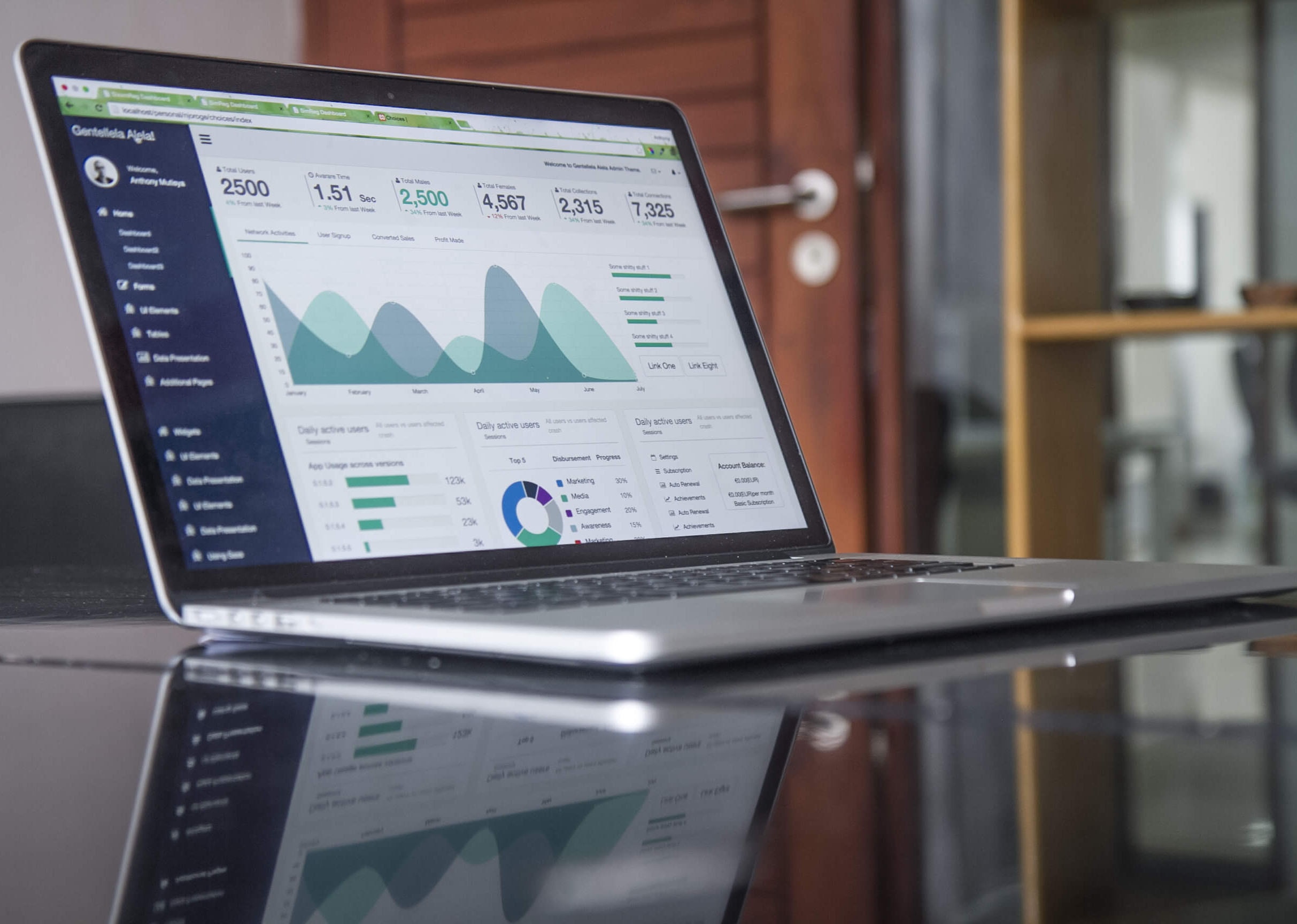In today’s digital world, website speed is more important than ever. Slow load times can lead to poor user experience, lower search engine rankings, and lost revenue. In this article, we’ll explore some tips and techniques for maximizing website speed and ensuring a fast and responsive website.
Why is website speed important?
- User experience: A fast website provides a better user experience for your visitors. A slow website can frustrate users and cause them to leave your website before engaging with your content.
- Search engine rankings: Google uses website speed as a ranking factor in search results. A faster website can improve your search engine rankings and drive more traffic to your website.
- Conversion rates: A fast website can lead to higher conversion rates. Users are more likely to engage with your content and make a purchase if your website loads quickly.
Tips and techniques for maximizing website speed:
- Optimize images: Large image files can slow down your website. Optimize your images by compressing them and using the appropriate file format.
- Minimize HTTP requests: Each HTTP request made to load your website takes time. Minimize the number of HTTP requests by combining files, using CSS sprites, and reducing the number of scripts on your website.
- Use a Content Delivery Network (CDN): A CDN can help distribute your website content across multiple servers, reducing load times for users in different geographic locations.
- Minify code: Minify your HTML, CSS, and JavaScript code to reduce file sizes and improve load times.
- Enable browser caching: Browser caching allows users to load your website faster by storing website files in their browser cache. Enable browser caching to improve website speed for returning visitors.
- Reduce server response time: A slow server response time can significantly impact website speed. Optimize your server by upgrading hardware, reducing database queries, and using a content delivery network.
- Use a responsive web design: A responsive website design can improve website speed by reducing the need to load separate mobile and desktop versions of your website.
- Eliminate unnecessary plugins: Each plugin on your website can slow down load times. Eliminate unnecessary plugins and choose lightweight alternatives when possible.
Conclusion
In conclusion, website speed is crucial for a successful website. By optimizing images, minimizing HTTP requests, using a CDN, minifying code, enabling browser caching, reducing server response time, using a responsive web design, and eliminating unnecessary plugins, you can maximize your website speed and provide a better user experience for your visitors. With a fast and responsive website, you can improve your search engine rankings, drive more traffic to your website, and increase conversion rates.


